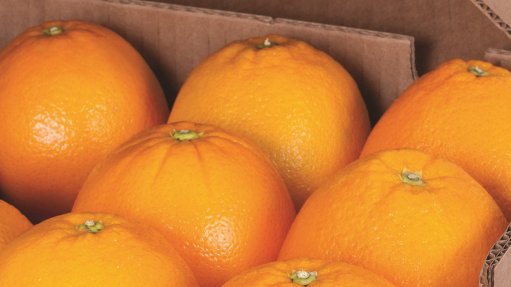
The Citrus Growers Association (CGA) has again written to Trade, Industry and Competition Minister Patel Ebrahim, requesting with urgency that he convene a World Trade Organisation (WTO) panel to adjudicate on the European Union’s (EU’s) new citrus import regulation.
The CGA says it is grateful for the support shown by the national government, including the Department of Trade, Industry and Competition, requesting consultations at the WTO level with the EU over the new regulations.
However, these consultations have not resolved the current impasse, and so the CGA urges Patel to put further pressure on the EU by calling for the establishment of a WTO panel to adjudicate on the matter before the 2023 export season starts at the end of the month.
The new regulation, which was implemented in mid-2022, calls for extremely stringent cold storage treatment of citrus to prevent False Coddling Moth (FCM).
The new “unjustified and discriminatory” regulations require all oranges shipped to the EU to be precooled to below 2 ˚C and then maintained at this temperature for 20 days, CGA explains.
To comply, growers have to use significantly more expensive specialised container equipment for storage. CGA estimates an investment of R1.4-billion is required to fully comply with the regulation, putting strain on growers that are already plagued by high input costs and persistent loadshedding.
CGA says, even if producers manage to buy the equipment, it will not be operational by the time the season starts and between 15% and 25% of oranges destined for the EU will more than likely not be shipped, leading to a loss of income of R500-million for this year.
In terms of loadshedding, while CGA welcomes the decision by national government to exempt ports from power cuts under the State of Disaster, cold stores outside of the port terminals will struggle to precool oranges below 2 ˚C and maintain this temperature before the containers enter the ports and are shipped to the EU.
CGA says the EU’s new requirements have been scientifically proven to be unnecessary, considering South Africa’s existing rigorous risk management system for FCM, which ensures that 99.9% of oranges entering the EU are pest free.
The association says if the current impasse between South Africa and the EU is not resolved before the 2023 export season starts, thousands of local growers might not survive, putting the future sustainability of the entire industry at risk. The citrus industry currently sustains 140 000 jobs and generates R40-billion a year in export revenue.